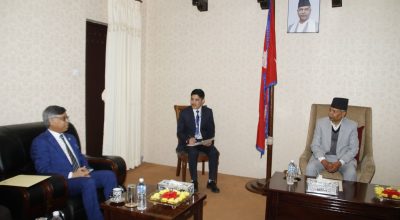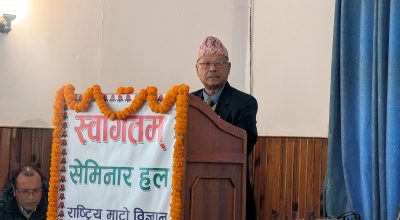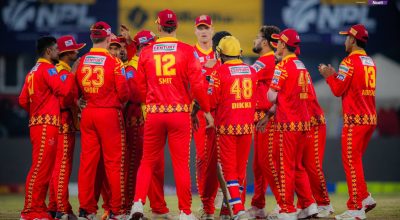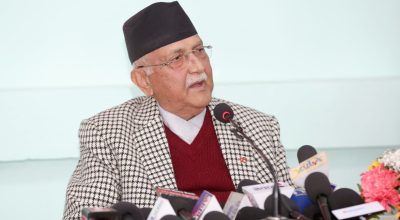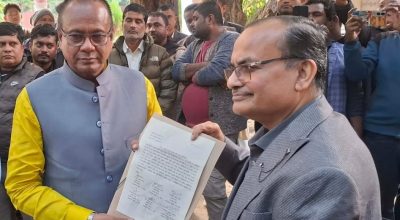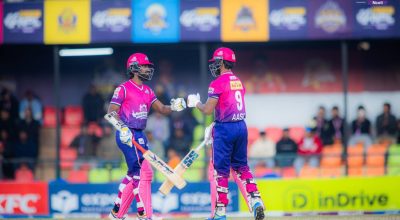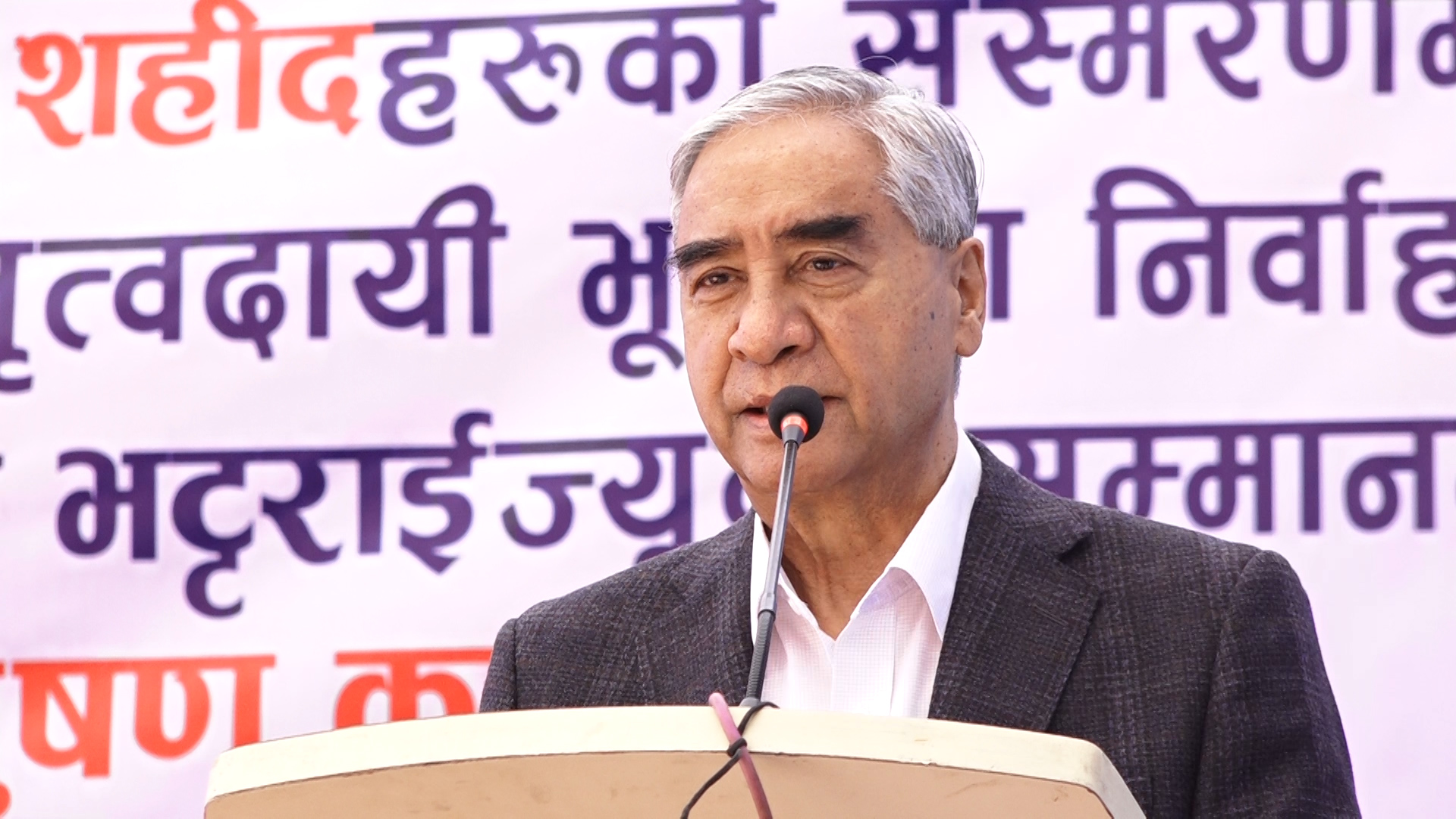
Krishna Prasad Lamichhane
KATHMANDU: President of Nepali Congress Sher Bahadur Deuba will be seeking for another term as party President. He will be contesting the election in the forthcoming 14th General Convention which will be held next month.
However, the election fever has already grappled the party rank and file. According to reports, most of the local level election has completed, and nearly 40 districts have completed district level elections as well, and elected leadership for the district chapters.
These results have clearly indicated that more than half of the district presidents have been coming from Deuba panel. According to election campaigners, Deuba panel has won leadership in 23 districts while senior leader Ram Chandra Poudel panel has grabbed 13 districts.
The Deuba camp claimed that their candidates have won district presidents in Taplejung, Panchthar, Okhaldhunga, Ilam, Ramechhap, Manang, Myagdi, Parbat, Lamjung, Syangja, Rukum East, Rupandehi, Nawalparasi West, Dolpa, Jumla, Mugu, Salyan, Jajarkot, Humla, Rukum West, Bajhang, Doti and Dadeldhura.
While Ram Chandra Poudel’s panel has won in just 13 districts including Sankhuwasabha, Bhojpur, Terhathum, Khotang, Dolakha, Mustang, Arghakhanchi, Pyuthan, Rolpa, Palpa, Kalikot, Bajura and Baitadi district.
The ratio of winning have been found more tilted towards Deuba.
Likewise, the survey revealed that the Deuba panel has bagged more than 50 percent General Convention Representatives. The party statute has a provision that any candidate who garner more than 50 percent will be declared winner. If any candidate fails to cross that point, there will be second round of voting between first and second candidate.
If we see the contest, more than five candidates belong to Ram Chandra Poudel group. Leaders as Dr Shekhar Koirala, Dr Shashank Koirala, Prakash Man Singh and Bimalendra Nidhi have already announced their candidacy for the President. They all share votes among Ram Chandra Poudel panel.
In such a case, Poudel panel votes will be divided. But Deuba panel is much more intact and even attracting votes from Poudel panel.
Role of Deuba
President Deuba, this time, has not forced anybody to withdraw their candidacy, nor criticised any candidate. However, he has encouraged leaders to contest election.
In recent interview, Dr Shashank Koirala openly stated that Deuba will be the strong candidate, and no one will defeat Deuba if opposition forces unite and present single candidate. According to reports, he is in close contact with the party President Deuba too. In recent days, he has dropped party related activities, and suspended district visits as well.
However, Prakash Man Singh, Bimalendra Nidhi and Dr Shekhar Koirala look active in the field. Media report suggests that Nidhi has lost ground even in his home district Dhanusha. According to election observers close to Nidhi himself, he will not get votes more than 300.
Likewise, Prakash Man Singh is more concentrated in Kathmandu Valley. But he has less influence in Bhaktapur and Lalitpur district. Even in Kathmandu district he has lost many seats. In one estimate, he will be receiving nearly 500 votes across the country, which will be as third place after Ram Chandra Poudel and Dr Shekhar.
Party strategists speculate that Nidhi and Prakash Man have been contesting election for bargain. But if they perform poorly, they will lose their bargaining capacity as well. Instead, Deuba will be seeking support from leader Ram Chandra Poudel and share major posts like Prime Minister and President after the forthcoming general election.
However, who will win the election ? Nobody knows. Because lots of youth have gained ground in the local level and they will be voting party officials for the first time. Even, the number of General Convention Representatives have also increased sharply this time. It has made more difficult to predict the election results.





